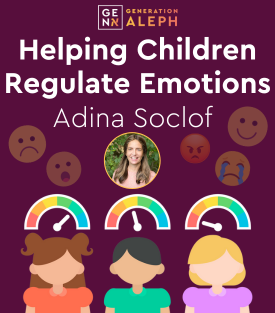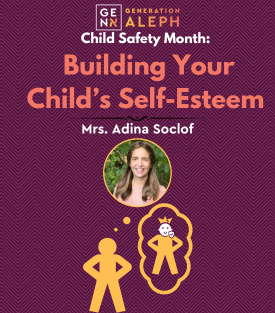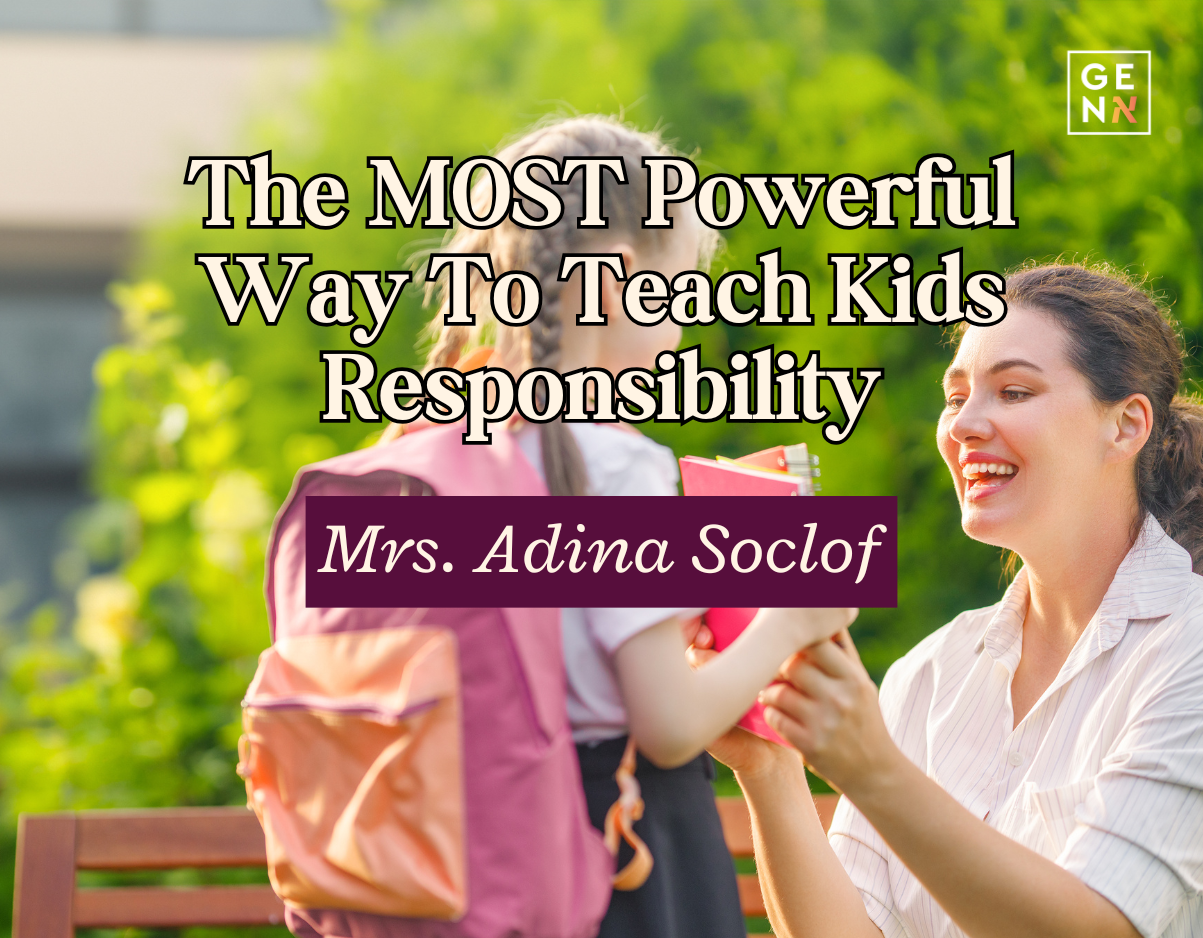The Most Powerful Way To Teach Kids Responsibility
Many parents feel that their children are irresponsible. Parents will tell their kids, “I had a job and paid for my own stuff!”
“My parents never checked my homework, I just did it myself!” Finally, they will shake their head and say, “You are so irresponsible!”
All those things may be true of what we did as kids and what our kids are doing these days, but it does not help our kids actually learn to be responsible.
Here are 7 things you need to know to help your child develop responsibility:
- It’s a learning process:
Being responsible is an adult thing. It does not come naturally to kids because childhood is when children are learning how to be responsible. We, unfortunately or fortunately, the parents, are the ones who need to teach our kids how to be responsible.
- Avoid the using the word “irresponsible”:
The first time, children hear about the concept of responsibility is usually, when they are being admonished for being “irresponsible.” If you think about it, it is really unfair. Conceptually, they have no model for what responsibility actually looks like. They might not even know what the word means.
- Use the word responsible loud and often:
If that’s the case, then the most powerful way to teach our children responsibility is to label the act of responsibility.
Children learn in concrete ways. Putting the word responsible and the action of responsibility together for them gives them a very clear picture of responsible behavior.
- Make it personal:
The best way to teach our children responsibility is to point out when they themselves are acting responsibly. “What we mention we strengthen”, so, the more times we point out and praise our child for acting responsibly, the more responsible they will act.
- Find the responsible in the ordinary:
Children do not have to do anything out of the ordinary. Almost any act they do , no matter how small, can be considered responsible (even if they complained about it, resisted or it took them forever to complete)
“Thanks for clearing your plate. That was responsible.”
“Wow, you are all dressed! That’s being responsible!”
“Thanks for letting me know that my telephone rang. That’s being responsible.”
“You put away 3 toys. That’s being responsible.
“I appreciate that you played with the baby, while I was cooking dinner. That was being responsible.”
- Use the eavesdropping rule:
Kids often don’t listen to what we tell them, but if they hear us talking on the phone or to our friend, they are all ears. Plus, there is phenomenon, (unfortunately, except in this case) of gossip, you are more likely to take to heart, things that you overhear than if it’s told directly to you.
For example, if someone told you that they liked your dress, you would dismiss as your friend just being nice. However, if you overheard your friend telling their friend, “I love Adina’s dress…” you would believe them.
So, we can use this to our advantage. When your kids are in earshot, tell your spouse, their grandparents or your friend all about your child’s responsible behavior:
“Eli, acted responsibly today. He was playing outside and ran right in to tell me that Sara was hurt and then ran to get a bandaid!”
“Mrs. Schwartz told me that not only did Kayla babysit for her, she also cleaned the kitchen. She felt that Kayla acted responsibly!”
- Admonish gently:
Finally, when your child does act in irresponsible ways, (and they will, because they are kids)we can admonish them gently by reminding them of their past responsible behavior.
“I know you know how to be responsible; I am sure you will figure out a way to get to the bus on time.!”
“I know you know how to be responsible; you have held onto to the house keys for a whole year now. I am sure you will figure out a way to make sure you bring your sneakers to school on gym days!”
Teaching kids to be responsible is important. We can do it gently, kindly and responsibly.
Submit your questions
"*" indicates required fields










